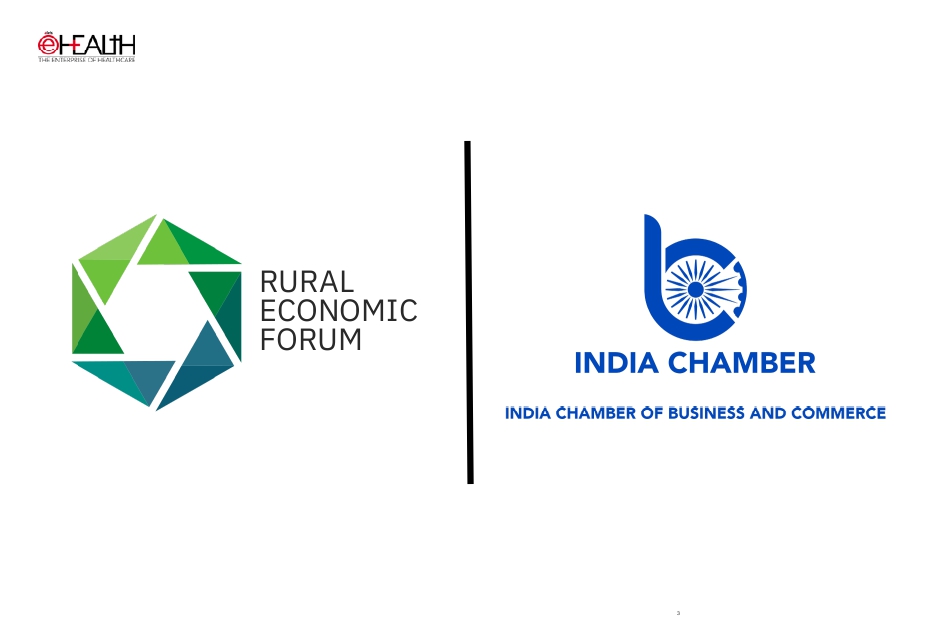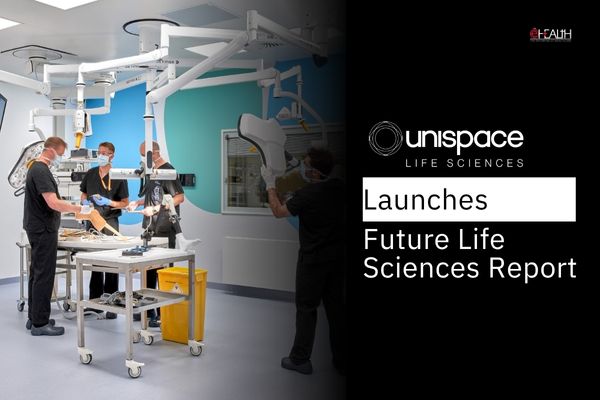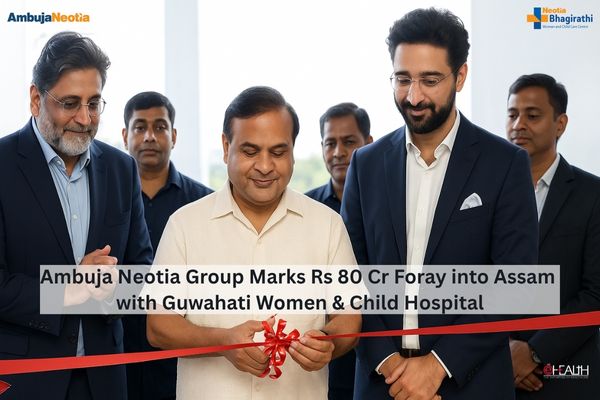
The Indian government is significantly scaling up its efforts in the detection, prevention, and treatment of cancer nationwide, presenting considerable opportunities and areas for collaboration within the healthcare industry. Recent announcements from the Ministry of Health and Family Welfare highlight a multi-pronged approach aimed at strengthening infrastructure, enhancing accessibility, and ensuring financial protection for cancer patients, particularly in rural and underserved regions.
A key pillar of this strategy is the robust expansion of the National Programme for Prevention and Control of Non-Communicable Diseases (NP-NCD) under the National Health Mission (NHM). This initiative has already established a substantial network of primary and secondary care facilities, including 770 District NCD Clinics, 233 Cardiac Care Units, 372 district day care centres, and 6,410 NCD clinics at community health centres. These facilities serve as crucial points for early detection and management of NCDs, including various forms of cancer.

Furthermore, the National Health Mission has integrated cancer screening and management into its comprehensive primary healthcare initiative through Ayushman Arogya Mandirs. This population-based approach ensures that screening for common cancers like oral, breast, and cervical cancer is a standard component of service delivery, extending its reach to rural and underserved populations. This presents opportunities for diagnostic companies, medical device manufacturers, and training providers to support the enhanced screening capabilities at the primary healthcare level.

Recognizing the need for advanced cancer care, the government has actively invested in strengthening tertiary care facilities. The ‘Strengthening of Tertiary Cancer Care Facilities Scheme’ has led to the establishment of 19 State Cancer Institutes and 20 Tertiary Cancer Care Centers across the country. Moreover, all 22 new All India Institutes of Medical Sciences (AIIMS) are being equipped with comprehensive cancer treatment facilities, encompassing diagnostic, medical, and surgical capabilities. The establishment of specialized institutions like the National Cancer Institute (NCI) in Jhajjar and the second campus of the Chittaranjan National Cancer Institute in Kolkata further underscores the commitment to providing super-specialty cancer care. This expansion creates significant demand for advanced medical equipment, oncology drugs, radiation therapy solutions, and skilled healthcare professionals.

The Ayushman Bharat Pradhan Mantri Jan Arogya Yojana (AB PM-JAY) is playing a pivotal role in ensuring financial access to cancer treatment. Providing an annual coverage of ₹5 lakh per family for secondary and tertiary care, the scheme now extends to all senior citizens aged 70 and above, regardless of income. Notably, the Health Benefit Package under AB PM-JAY includes treatment for 1,961 procedures across 27 specialties, including comprehensive cancer care. The impact of this scheme is evident in the fact that over 68 lakh cancer treatments worth over ₹13,000 crore have been undertaken, with a significant 75.81% availed in rural areas. Furthermore, access to targeted therapies for cancer care has seen over 4.5 lakh treatments worth over ₹985 crore, with 76.32% of beneficiaries hailing from rural regions. These figures highlight the growing demand for affordable and accessible cancer treatments, creating a significant market for generic and innovative oncology drugs, biosimilars, and cost-effective treatment modalities.

Also Read :- How AI, Robotics & Digital Twins Are Transforming Healthcare Forever
Looking ahead, the Union Budget 2025-26 includes a significant initiative to establish Day Care Cancer Centres (DCCCs) in district hospitals over the next three years, with a target of 200 centres in 2025-26. This strategic move, informed by a comprehensive gap analysis of existing infrastructure and personnel, aims to decentralize cancer care and improve accessibility in districts with a high cancer burden and limited resources. The emphasis on establishing robust referral linkages with State Cancer Institutes and Tertiary Cancer Care Centers ensures a seamless continuum of care. This initiative presents immediate opportunities for companies specializing in setting up and equipping day care facilities, providing essential medical equipment, and offering training and support to healthcare professionals in these centres.
In conclusion, the Indian government’s concerted efforts to strengthen cancer care infrastructure, enhance screening programs, and provide financial protection through initiatives like NP-NCD, Ayushman Arogya Mandirs, the Tertiary Cancer Care Facilities Scheme, and AB PM-JAY are creating a dynamic and expanding landscape for the healthcare industry. The leaders in pharmaceuticals, medical devices, diagnostics, healthcare IT, and hospital infrastructure development have significant opportunities to contribute to and benefit from these initiatives by offering innovative solutions, cost-effective technologies, and collaborative partnerships to support the government’s vision of accessible and quality cancer care for all citizens. The focus on rural outreach and the establishment of new facilities, particularly the upcoming Day Care Cancer Centres, warrants strategic consideration for businesses looking to expand their presence and impact in the Indian healthcare market.
Be a part of Elets Collaborative Initiatives. Join Us for Upcoming Events and explore business opportunities. Like us on Facebook , connect with us on LinkedIn and follow us on Twitter , Instagram.
"Exciting news! Elets technomedia is now on WhatsApp Channels Subscribe today by clicking the link and stay updated with the latest insights!" Click here!
















